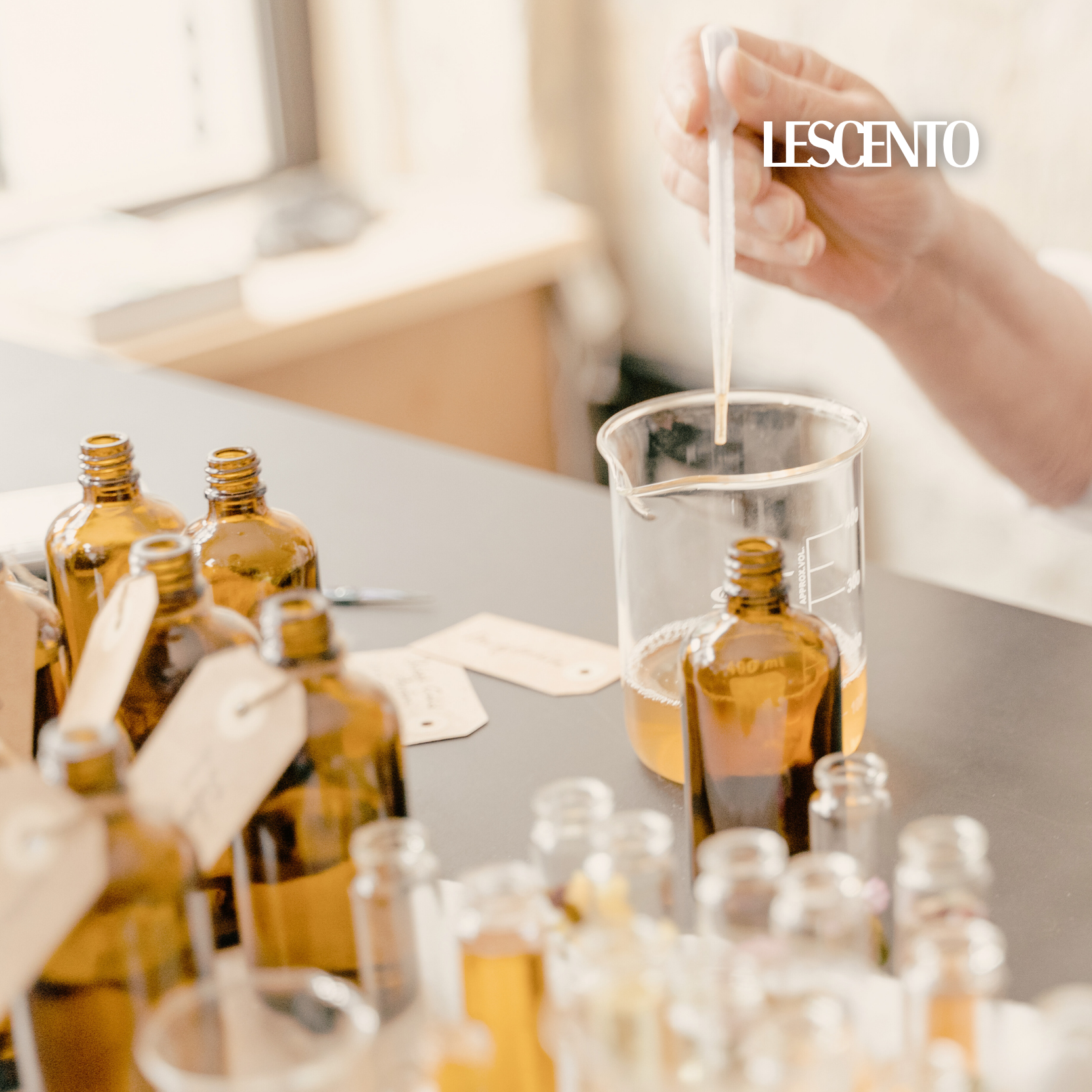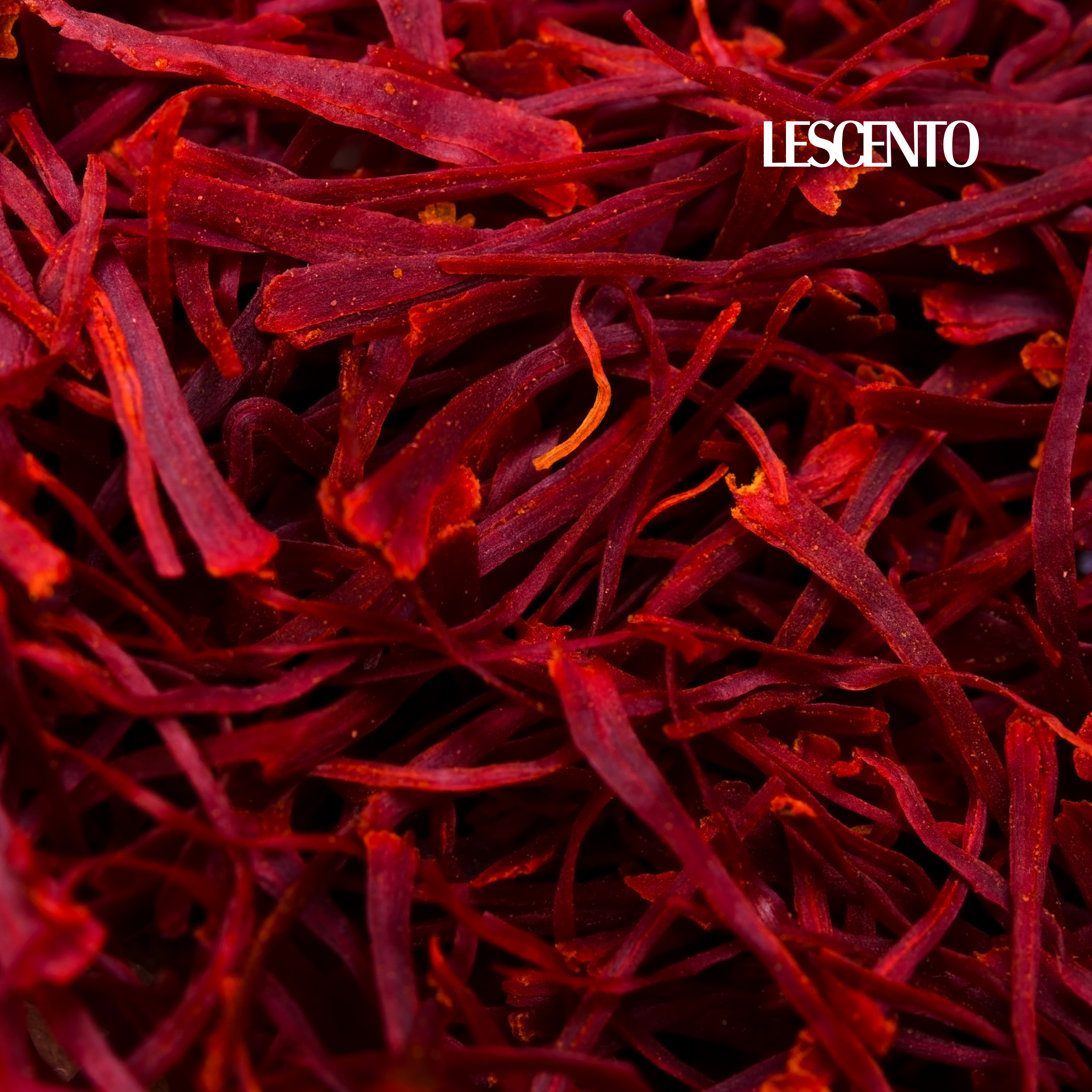
Perfume as it Was Meant to Be
There was a time when perfume was not simply a product. It was an art; intimate, slow, and deeply human. Each creation was a reflection of a perfumer’s vision, shaped by hand and guided by instinct rather than algorithms and marketing surveys. Perfume wasn’t made for “target demographics.” It was made for people. For moments. For emotion.
When Fragrance Was an Artisan’s Craft
In the golden age of perfumery, fragrance houses took pride in their individuality. They experimented boldly, blending rare ingredients in ways that defied convention. Small batches meant that a perfumer could refine a formula over time, coaxing each note to its fullest expression.
A bottle of perfume wasn’t just a scent, it was a signature, an artistic statement. You could smell the difference instantly. Natural materials carried texture and complexity that shifted on the skin throughout the day. Wearing such a fragrance felt alive, almost like a conversation between you and the perfumer who made it.
The Corporate Shift
Over time, the fragrance industry changed. Global corporations acquired heritage brands and independent houses, shifting their priorities from artistry to efficiency. The emphasis moved toward volume, cost control, and global marketability.
Natural ingredients, with their unpredictability and price volatility, were often replaced with cheaper synthetics. Complex formulas gave way to simplified compositions designed to appeal to as many people as possible. The result? Safe, predictable scents that are easy to mass-produce but lack the depth and personality that once defined fine perfumery.
Fragrance became less about individuality and more about sales numbers. Marketing budgets ballooned. Celebrity endorsements overshadowed the actual juice in the bottle. The artistry that once made perfume an intimate, almost poetic craft began to fade.
The Beauty of Small Batch Creation
Niche perfumery stands in defiance of that trend. In small, independent houses, perfume is still treated as something sacred. Small-batch production allows for higher-quality ingredients, more intricate blending, and, most importantly, creative freedom.
Without the constraints of corporate mass production, perfumers can create scents that are unusual, challenging, and deeply personal. They can use natural materials like Calabrian bergamot, Bulgarian rose absolute, and Indonesian patchouli without worrying about whether the global supply can meet millions of bottles per year.
These perfumes are not made to please everyone, and that is their strength. They are made for those who seek more than a fleeting trend, for those who see fragrance as a reflection of their own individuality.
Why the Human Touch Matters
Perfume is, at its essence, human. It is a craft of memory, emotion, and sensory experience. The hands that measure each drop, the mind that balances each accord, the heart that knows when a fragrance is complete, all of these shape the soul of a perfume.
When you step into the world of true niche perfumery, you can feel that human touch immediately. It’s in the richness of the opening note, in the seamless transition to the heart, and in the lingering trail hours later. It’s in the fact that no other fragrance smells quite like it.
A Rare Encounter in Modern Perfumery
Finding such artistry today is rare, but not impossible. If you value scent as more than a fashion accessory, seek out the makers who still create with integrity. Visit the small boutiques where each fragrance is hand-poured, where the story behind the scent is as captivating as the scent itself.
One such experience awaits you here in Hudson, Quebec, Canada. At LESCENTO, we create fragrances the way they were once made, in small batches, with exceptional ingredients, and with a genuine love for the craft. Each scent is our way of keeping the art of perfumery alive in a world where it is too often lost to mass production. Step into our boutique and discover what perfume can be when it is made with intention, artistry, and a human touch.


